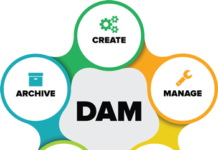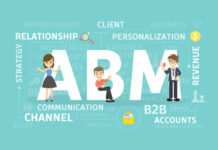A diverse workforce was cited as a factor in assessing organizations and employment offers by 6% of workers and job seekers. Many people in today’s society won’t apply for a job, accept an offer, or stay on staff at an organization if they believe that diversity, equity, and inclusion policies aren’t being valued. Neurodivergent persons, who make up roughly 20% of the population today, frequently report that despite firms’ great commitments to implementing DEI policies, they still don’t feel completely included. For all workers, inclusion in the workplace is crucial.
Think about job titles
Before the person even starts the actual job, their journey begins. Candidates are learning about your business and its procedures, including corporate culture and DEI principles, during the whole hiring process. According to LinkedIn, candidates are 2-4 times less likely to apply if the tone of the job posting doesn’t reflect the company’s culture.
Having “must-have skills” expectations that are reasonable
A “must-have” part that lists abilities like great communication, keen attention to detail, and the capacity to read and write may be included in many job descriptions. This may not be welcoming to people who are neurodivergent. For instance, those with ADHD might not be able to focus long enough to pay attention to detail. Additionally, they might not consider their reading and writing in English to be strong points.
Consider providing more precise talents that are directly connected to the position you’re looking to fill rather than concentrating on soft skills and character attributes. Knowledge in mathematics, especially statistics, business intelligence, and analytics, as well as data science tools and research using huge data sets, may be relevant to a career in marketing.










